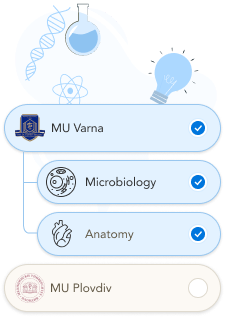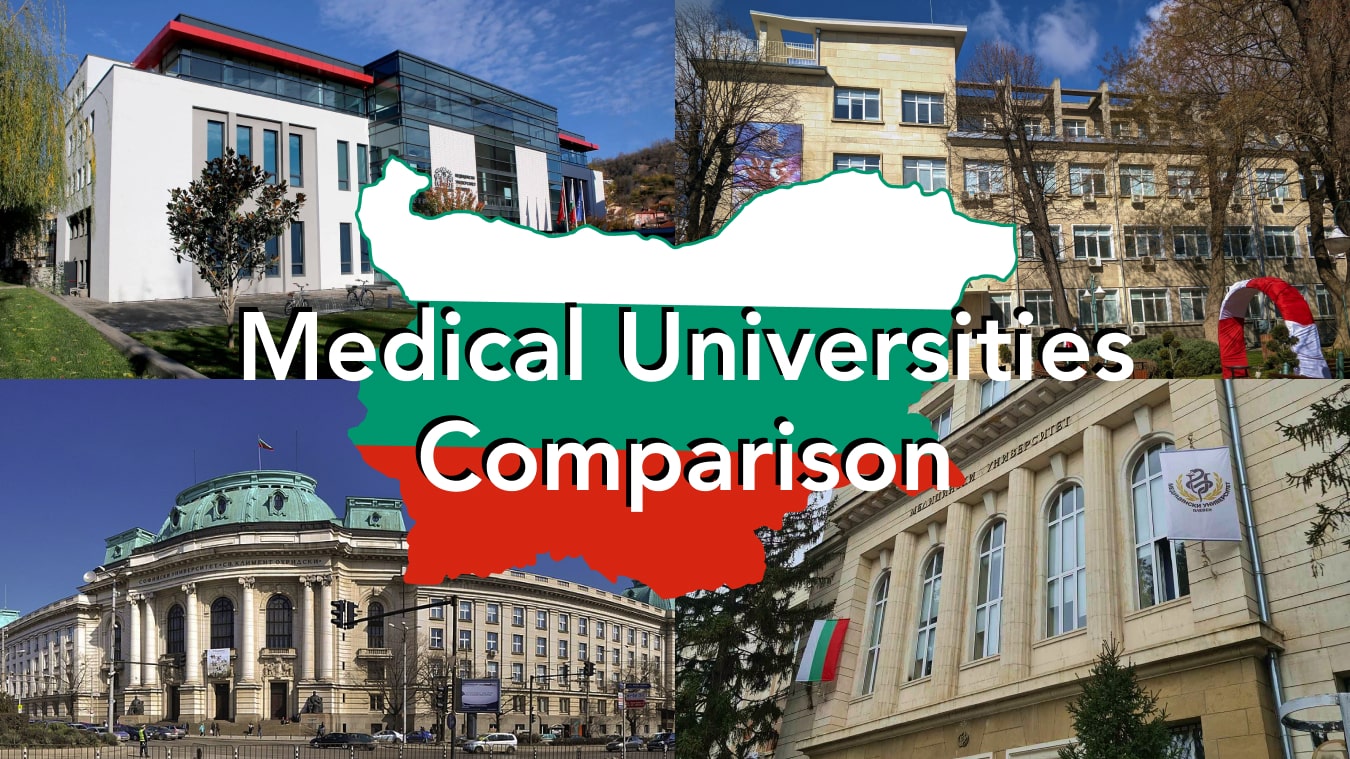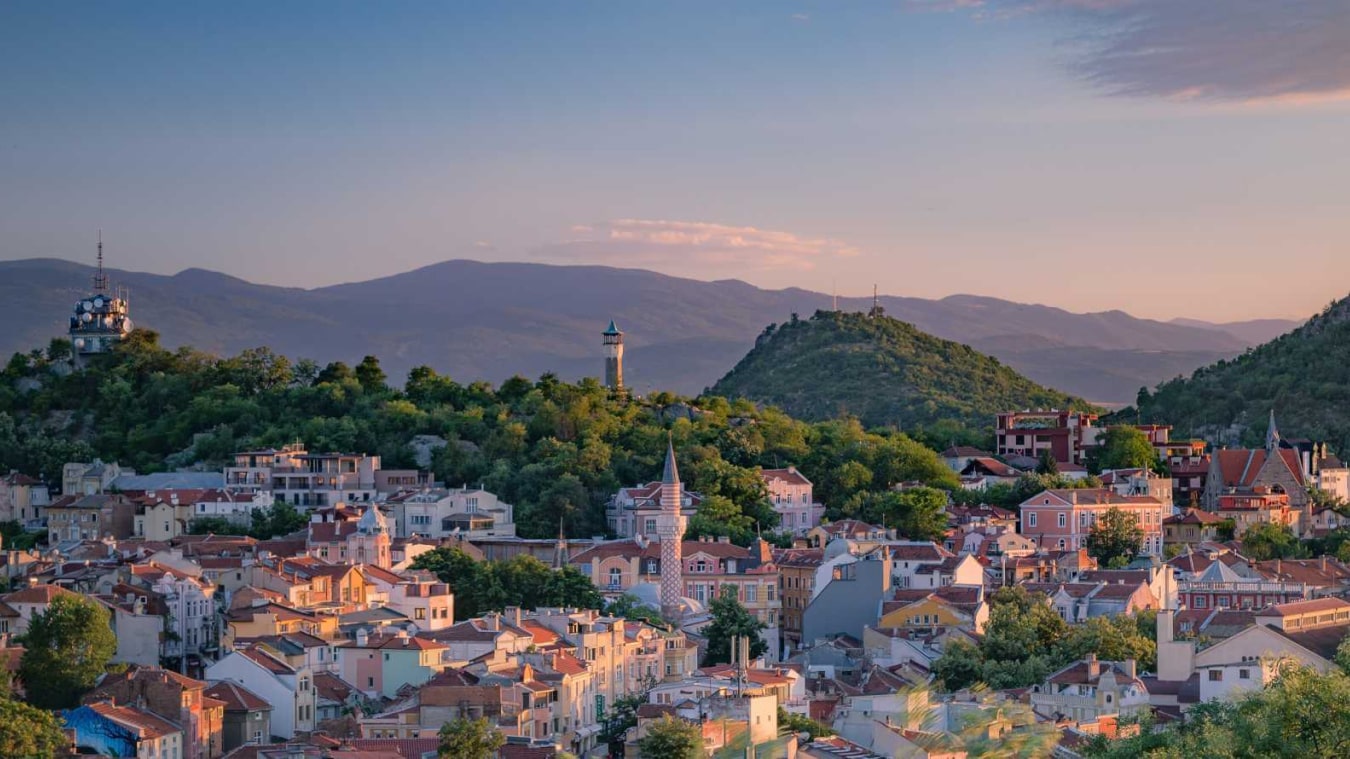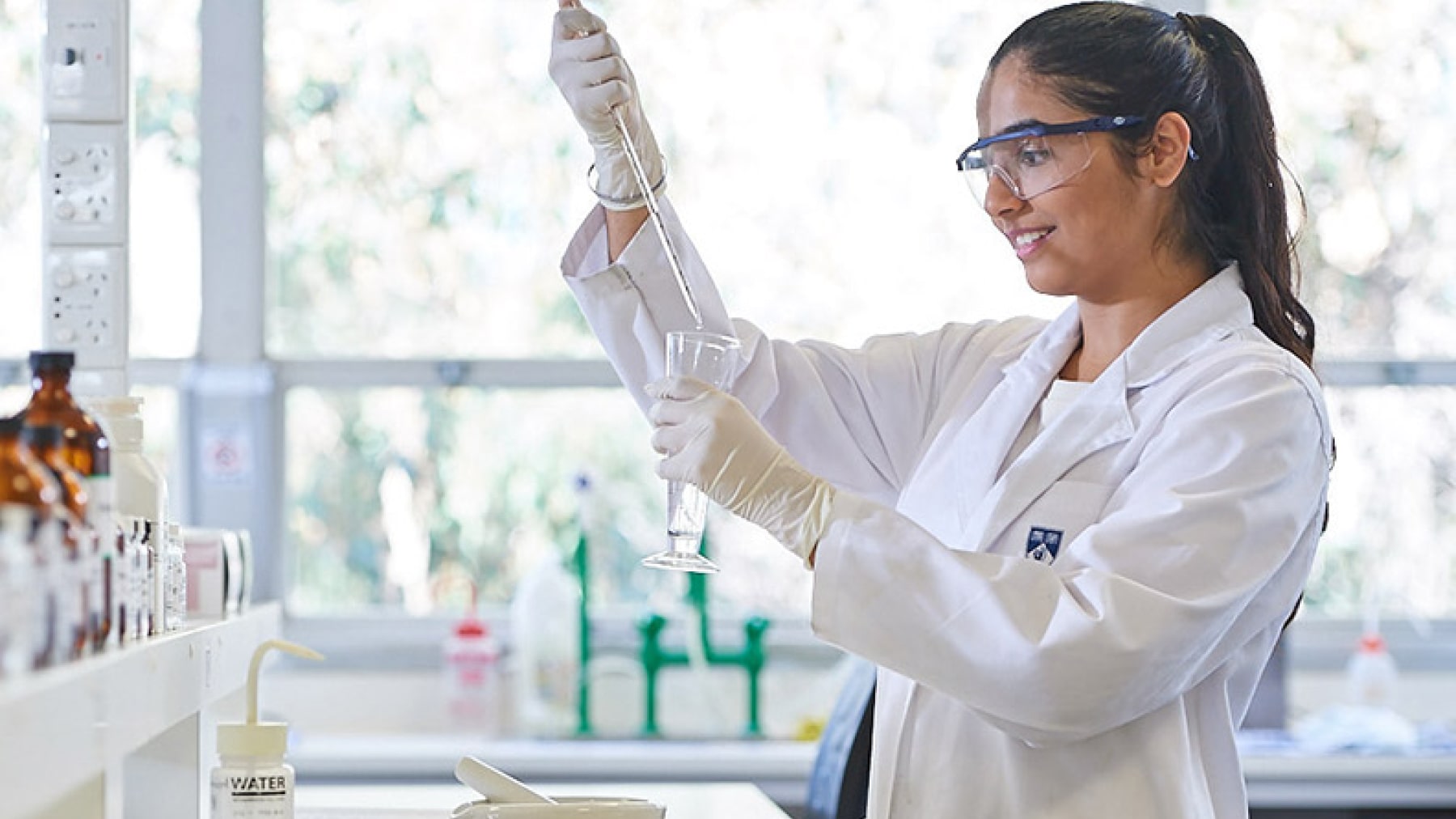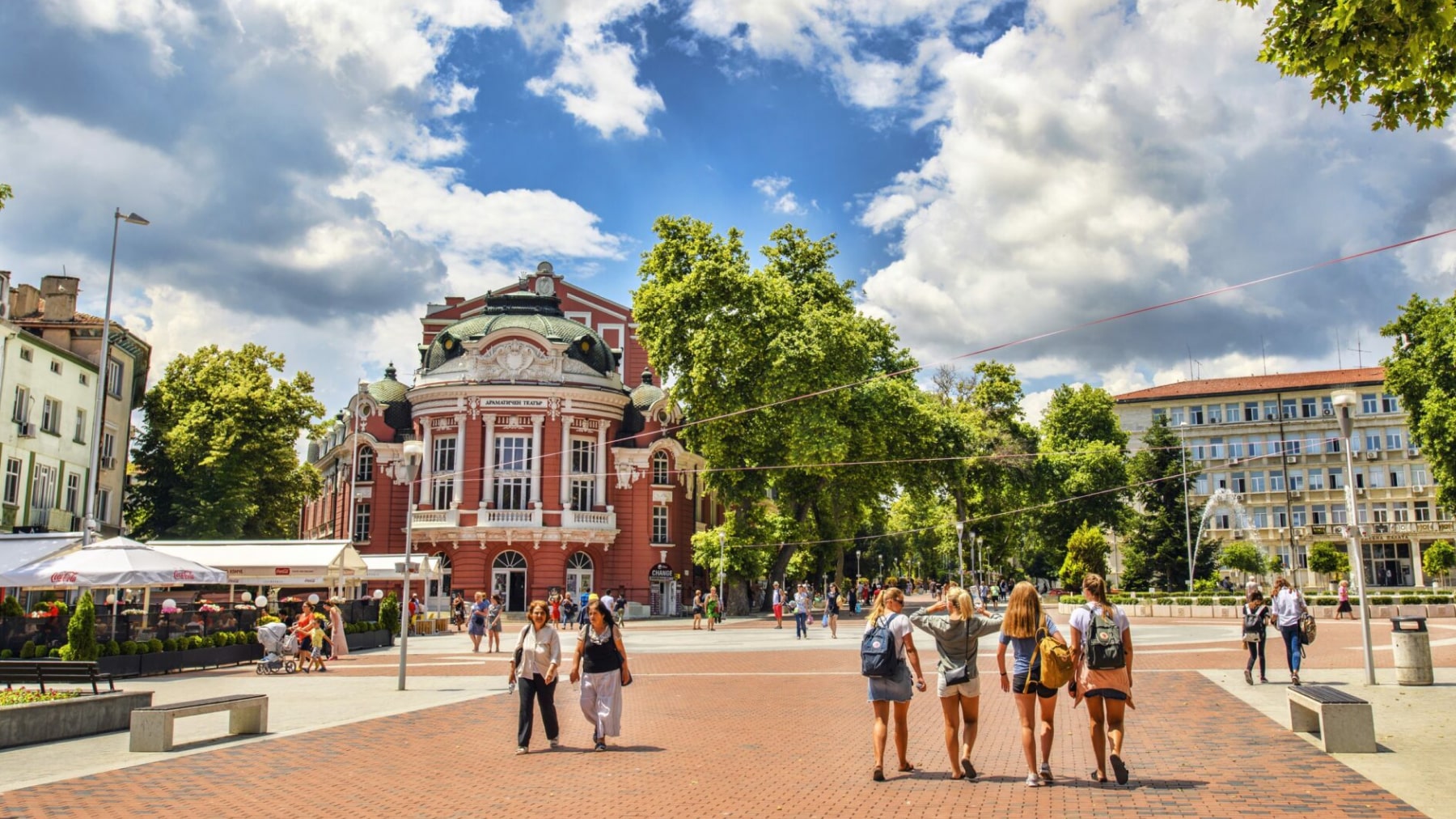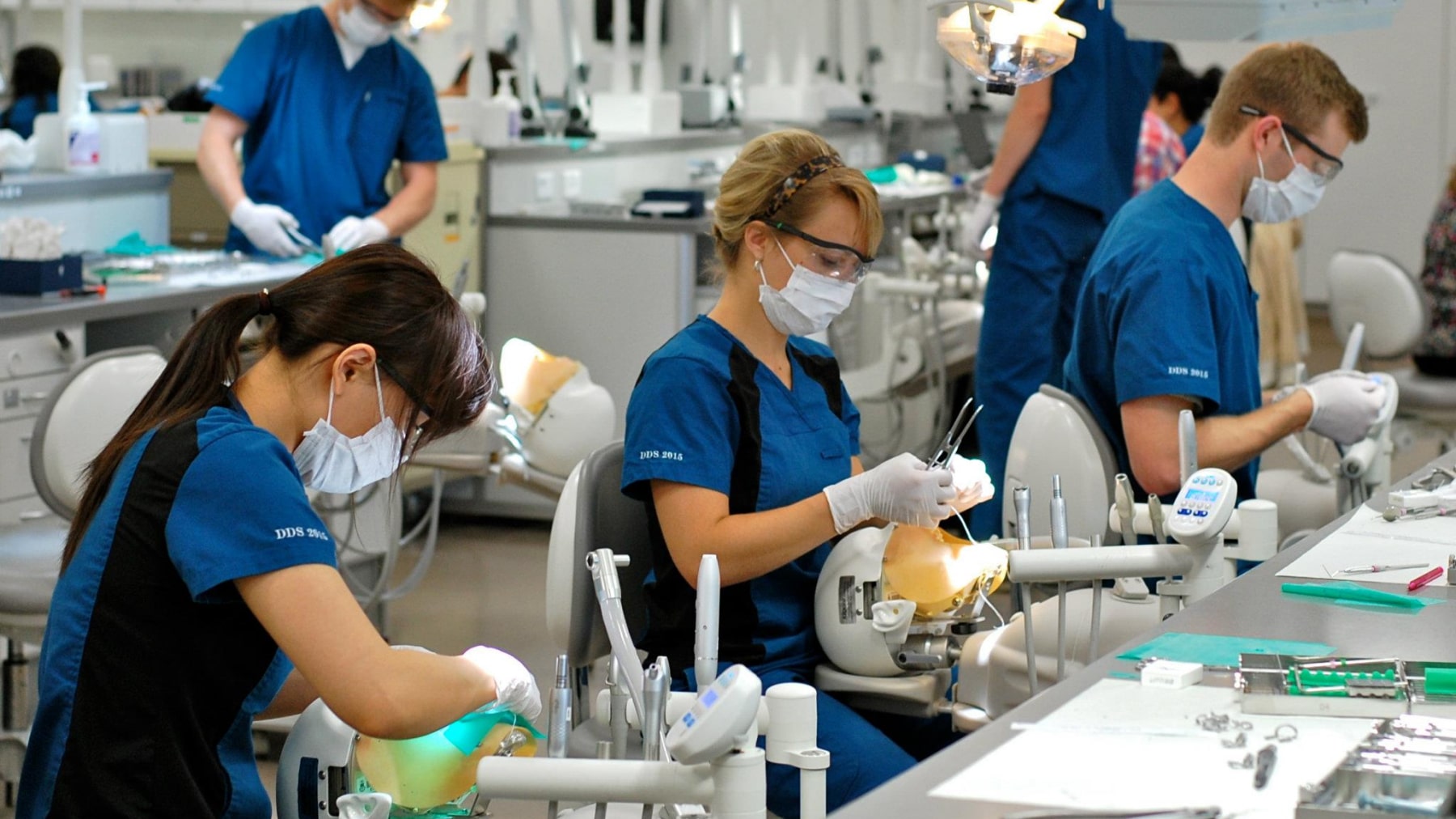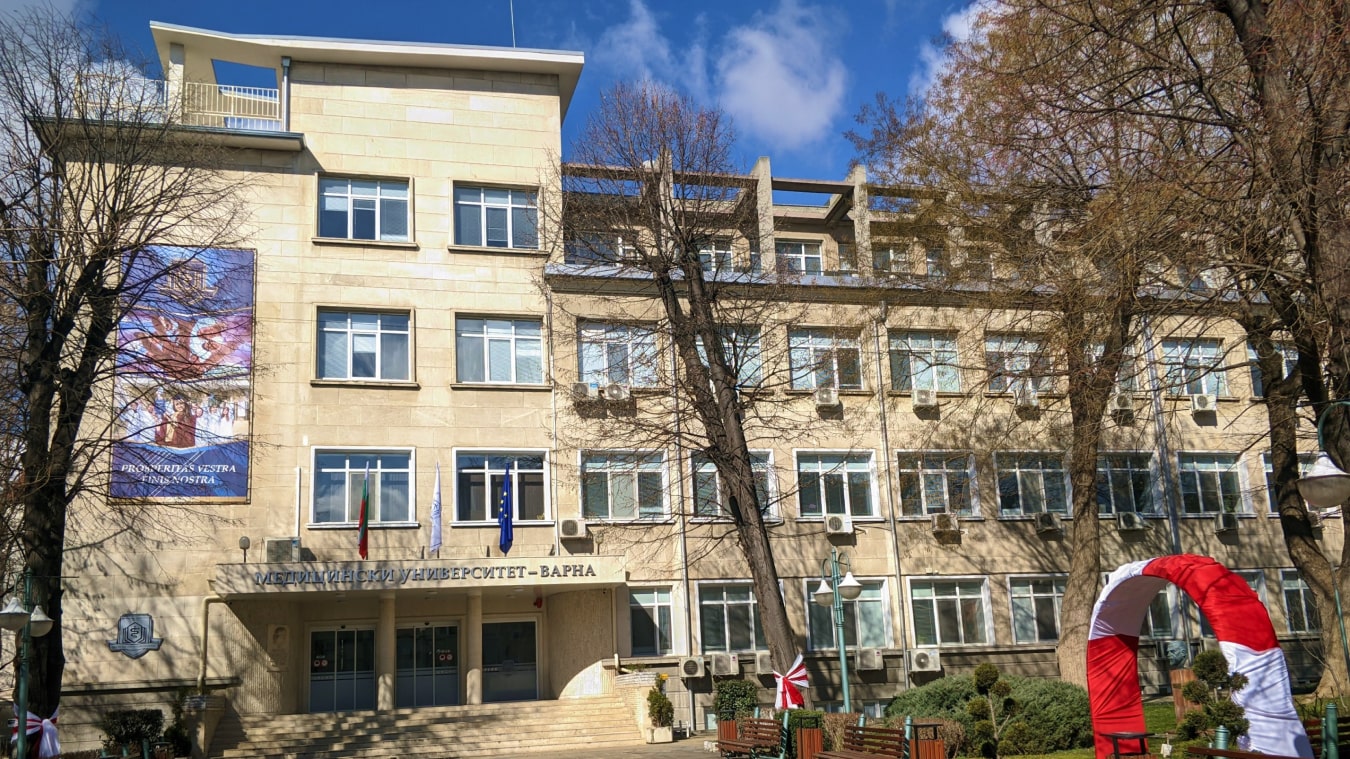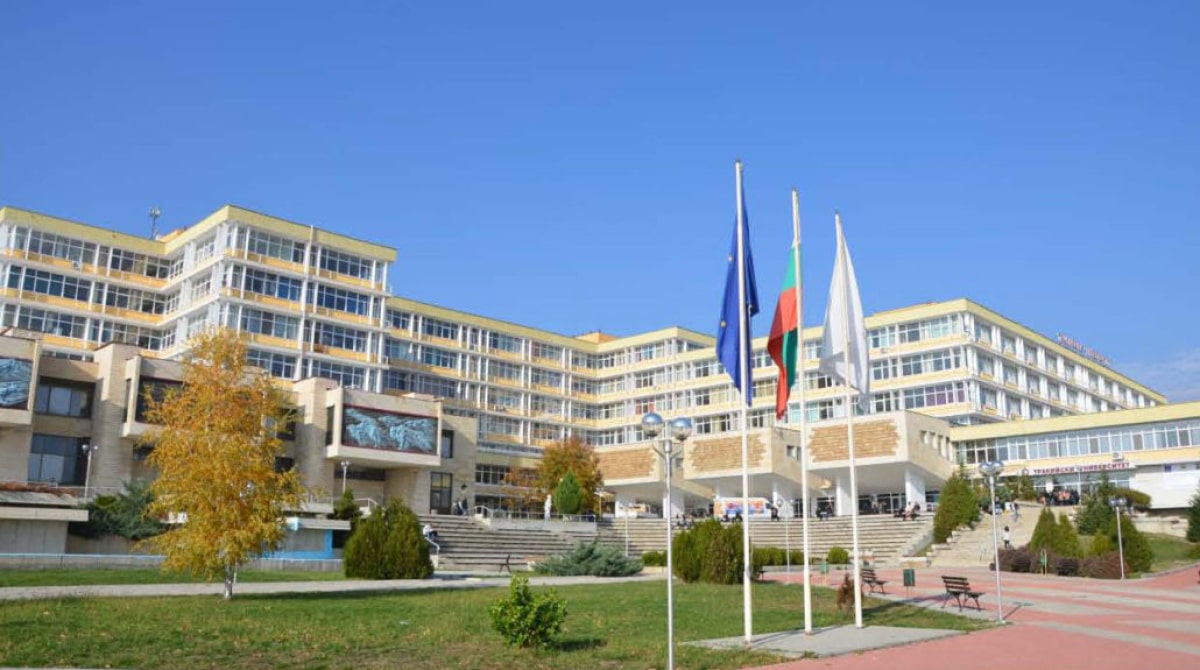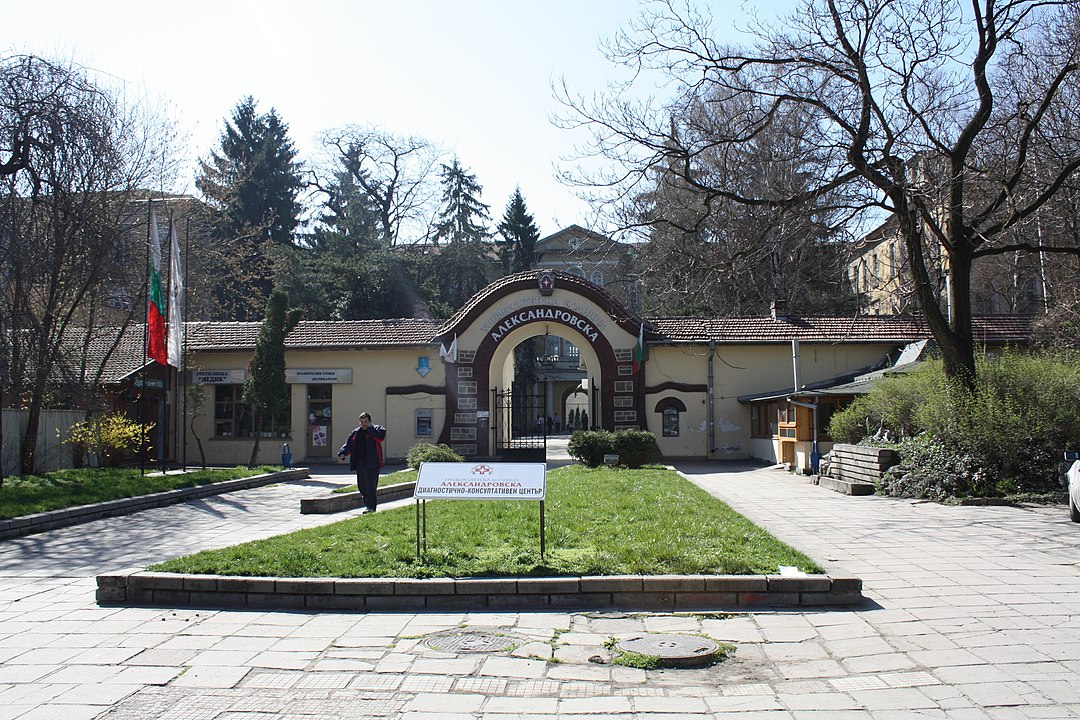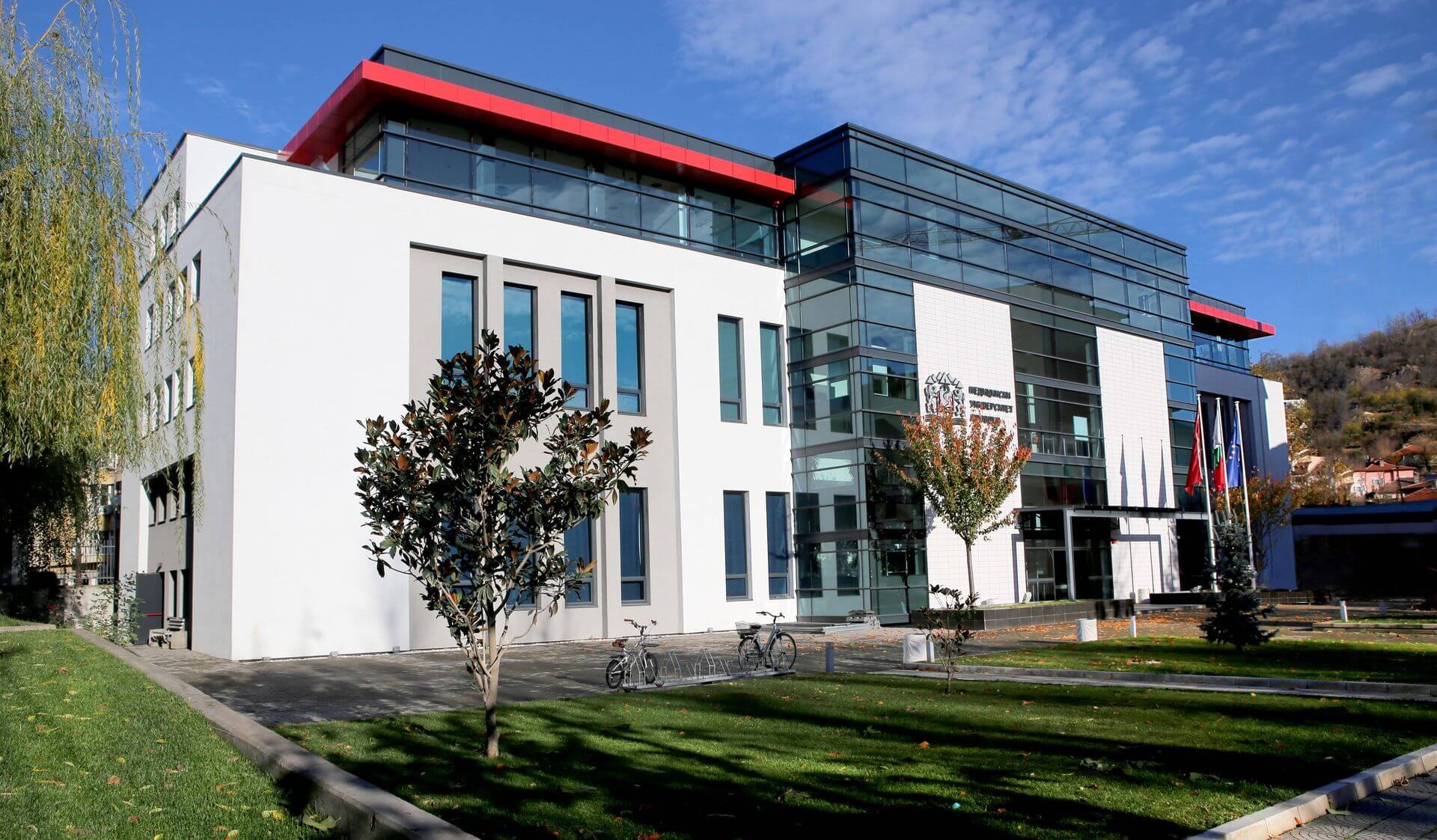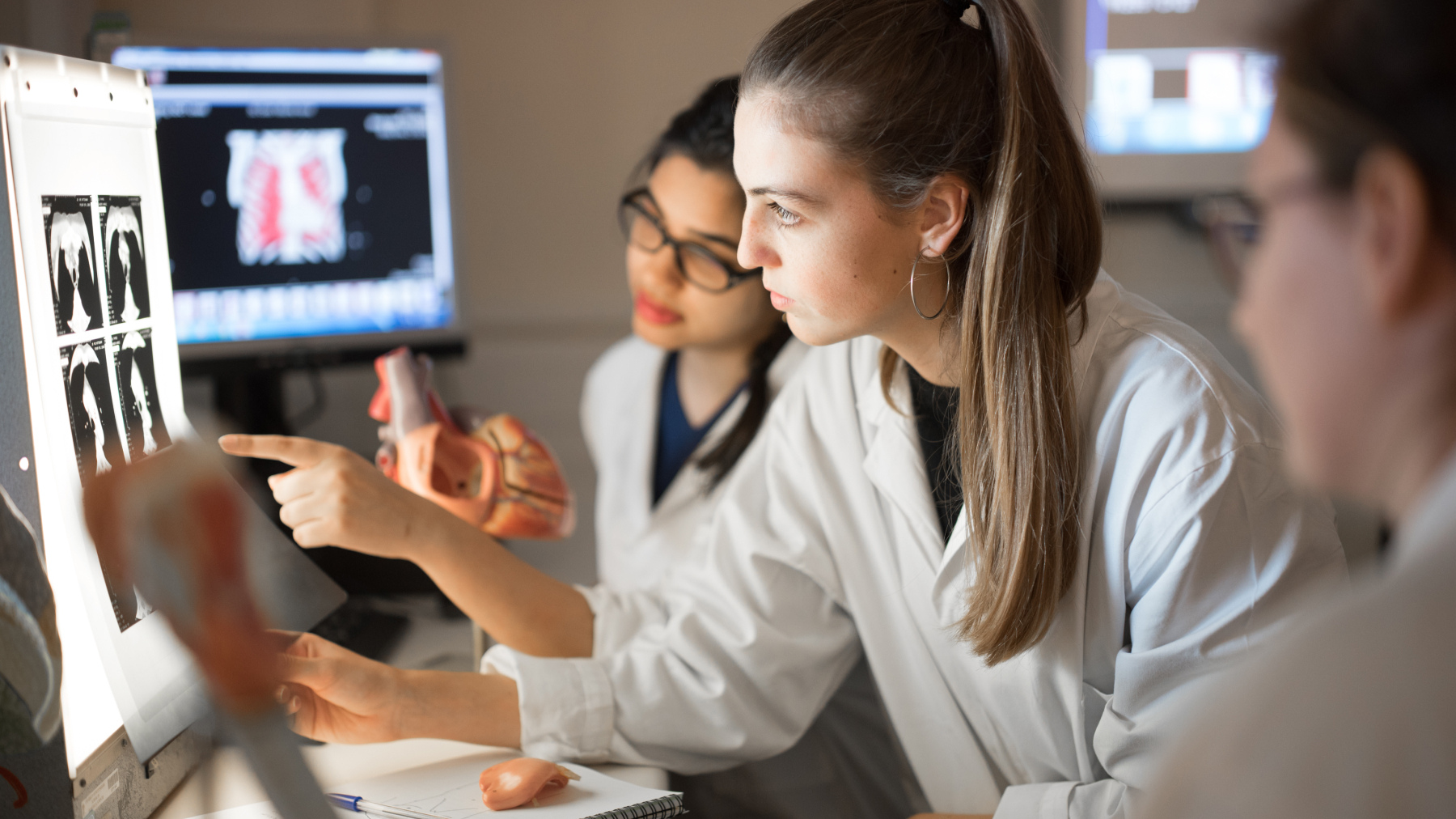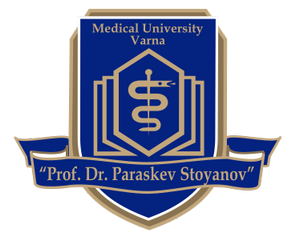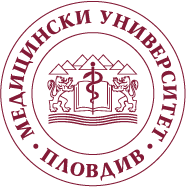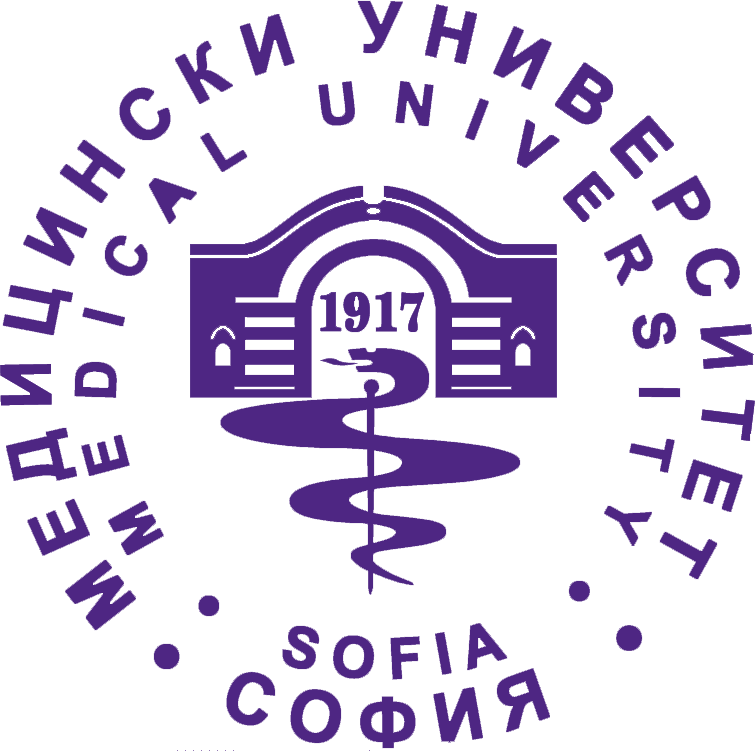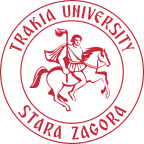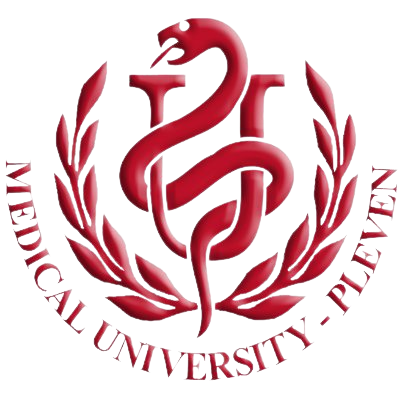1. First step
The first step in the process of applying for a student visa is to obtain a letter of acceptance from a Bulgarian medical university. For that you need to pass the entrance exam / admission test / entry test. We help students pass the tests with our courses. Next steps:
- Non-EU students should then apply at the Bulgarian embassy or consular office in their own country for a Student D type visa. This visa is valid for 3 to 6 months.
- EU and non-EU citizens from countries that have signed bilateral treaties and agreements with Bulgaria concerning visa-free entry do not require visa clearance to enter the country.
However, a student D type visa is required to register at a medical school. (Registering comes after successfully passing the exam.)
2. Required Documents
To apply for the student D type visa, the following documents are required:
- A photocopy of the passport, valid for at least 18 months from the application day.
- The original certificate of admission to the Medical University issued by the Bulgarian Ministry of Education, Youth, and Science.
- A bank receipt in the name of the applicant showing that at least half of the annual tuition fees have been paid.
- Two color passport-size photographs (3.5 cm x 4.5 cm against a white background, bearing the photographer's or studio business name and date at the back).
- Proof of accommodation and address in Bulgaria (an original letter issued by the university inviting the student to be accommodated at the halls).
- Evidence of sufficient funds to cover the student's living expenses (bank statements of the past 3-6 months).
- Proof of health insurance for the first 3 months of the student's residence in Bulgaria, either issued by a private or public organization.
- A Police Criminal Certificate ACRO certified with Apostille and a translated copy in Bulgarian, which can be obtained at the student's local police station.
- A declaration from the parent/sponsor that they will pay the tuition fees.
3. Embassy visit & residency permit
The next step is to present these documents in-person at the nearest Bulgarian embassy or consulate. The documents must be in the original language and with a notarized Bulgarian translation. The fee for the visa is €100 (US$120).
Once in Bulgaria, the student must apply for a temporary residency permit at their local police station. The same documents must be presented again, along with proof of enrollment. The fee for the permit is €40 (US$48). The student is allowed to work up to twenty hours per week with this permit.
The student visa and permit are also valid for visits to Romania, Croatia, and Cyprus. Separate visas are required to visit Serbia, North Macedonia, and Greece.
In summary, applying for a student visa in Bulgaria to study medicine requires the submission of several documents and an in-person visit to the nearest Bulgarian embassy or consulate.
The process may seem daunting, but with the right preparation and attention to detail, it can be successfully completed. Good luck with your application! 👋 🇧🇬
Check out our post comparing all the different Medical Universities in Bulgaria here
